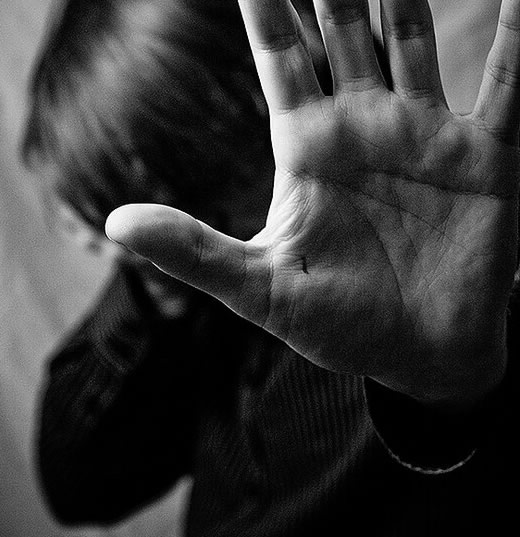Parashat Tazri`a/Shabbat Rosh Hodesh/Shabbat Ha-hodesh
Leviticus 12:1 – 13:59
Numbers 28:9-15
Exodus 12:1-20
Most of our Torah portion deals with the phenomenon called tzara`at – a surface affliction that can affect a person’s skin and hair. If the priest examines the person and determines that their condition is not a medical one of disease, but is really this unique problem, the person becomes ritually impure. (To be clear: Disease does not render someone ritually impure; only this particular condition has such an effect.) The person is instructed to leave the encampment and dwell alone. They must leave their hair disheveled and wrap themselves in a cloak and call out: “Impure! Impure!” (Lev. 13:45)
What is the purpose of making the afflicted person make this declaration? The Targum says that the person is simply issuing a warning to others, telling them, “Don’t become impure! Don’t become impure!” Perhaps this is just a way of telling them to keep their distance from him so that they do not touch him and contract his impurity. But perhaps it is a different warning, as if to say, “Don’t become impure like I did!”
And how did he become impure? The tradition understood that this unique affliction was the outcome of his engaging is disparaging speech, tearing down others and sowing social dissension. Heaven sends appropriate retribution by exposing the stealthy slanderer to the eyes of the public. And the sinner is required to use their speech to warn others not to make the same mistake.
Another understanding of these words has them refer reflexively to the person suffering the affliction. Yet, although he is referring to himself, he does not say the simple sentence: “I am impure.” Instead, the personal pronoun is missing, as if his own persona has been erased, much as he had tried to diminish the person he slandered. Indeed, his speech, his favorite weapon for hurting others, is weakened and curtailed.
Nevertheless, the Sages suggest that another reason he makes his sad announcement is so that “the public should pray for mercy for him.” (BTMo`ed Qatan 5a, and quoted in our Etz Hayim volume, p. 657) This is remarkable. We could have taken some satisfaction in this nasty person receiving their punishment. However, according to the Sages, that is not what our reaction should be. Instead, we are supposed to pray for mercy for them and for the cessation of their suffering. Is this too much to ask? Perhaps the language of the Sages was chosen judiciously in this matter. They say that prayers should be offered by “the public.” Perhaps the person who was personally hurt by this slanderer could be excused from offering heartfelt prayers on behalf of their tormentor. But “the public,” those in society who have not been touched personally by his vile speech might well consider how much better it would be to avoid a vindictive attitude towards someone who is already paying the price for their crime. Otherwise, the kind of mean spirit that caused the slanderer to speak badly in the first place will just live on among us and a restoration to purification will be impossible. That is the choice – to seek to punish or to seek to restore.
Shabbat Shalom
Rabbi David Greenstein
![]()
Subscribe to Rabbi Greenstein’s weekly d’var Torah
Image(s): “Such Shame” by Royal Constantine use via CC BY-NC-ND 2.0
Thank you to John Lasiter for suggesting the title and selecting an image for this Torah Sparks – Rabbi Greenstein.
- Toby Stein: In Memoriam - Thu, Feb 8, 2024
- Faithfulness and Hope: Parashat Sh’lach - Thu, Jun 23, 2022
- Past Their Prime: Parashat B’ha`a lot’kha - Thu, Jun 16, 2022

